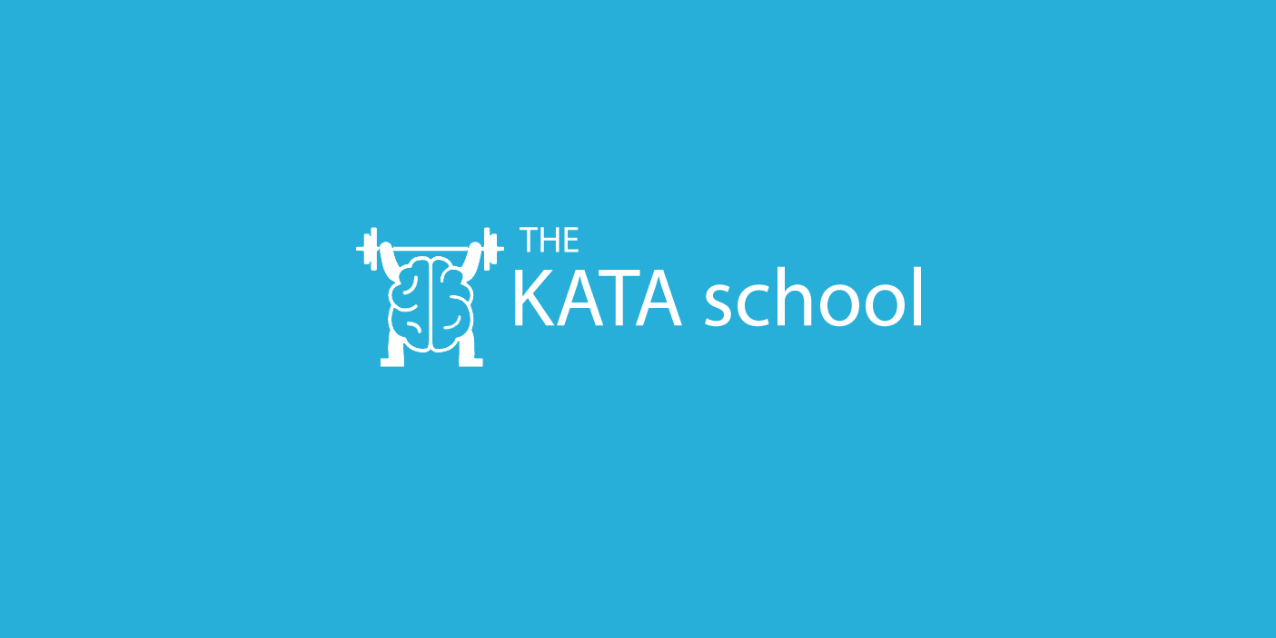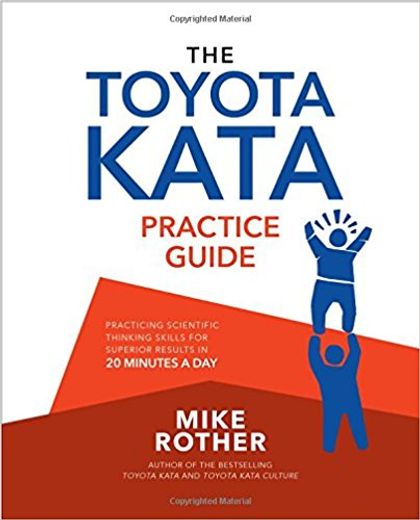
At the first European KataCon in Amsterdam on April 18-19, 2018 one of our special guest keynotes was Professor Carl Wieman from Stanford University, winner of the Nobel Prize in Physics and a former Director of the U.S. Science Education Initiative.
Professor Wieman spoke about how we learn and therefore how we should teach and train. You will find a lot of similarities if you compare what Professor Wieman said with Mike Rothers model of Starter Kata for driving improvements.
First of all, struggling supports our individual development and learning. With the Kata model we always start with a challenge that has no simple solution. Secondly we need to explore solutions by experimenting, discussing or share thinking supported by a skilled coach or teacher. Diving deeper into the two models you will find many more interesting similarities about learning and knowledge creation and coming from two different research areas saying the same things really strengthen the message.
We feel learning and teaching or coaching is an important topic and invited Professor Wieman to speak because approaches like Lean, continuous improvement, Agile, six sigma, and so on rest on a foundation of a scientific approach. There seems to be a growing conversation about scientific thinking in the business world. For instance, we recently came across. this short article about scientific thinking in the workplace from FastCompany
Interestingly, this little article doesn’t use the term “scientific method,” but rather refers to a mental framework to approach problems, calling it, something everyone can do. One finding from the Toyota Kata research is that Toyota uses a “scientific approach” rather than utilizing the “scientific method” per se. The classic scientific method is a fairly strict routine for studying phenomena, whereas a scientific approach is more of a practical routine for achieving goals and dealing with obstacles in everyday life. Here’s an 11-minute video that provides some background on the Improvement Kata as a practical pattern of scientific thinking as a life skill, not just for professional scientists:
Although some businesspeople seem to be talking more about science, we do notice that many of them tend to refer to the “scientific method” in that regard – perhaps as a remnant of a science class in their school days. However, it may actually be more of a scientific mindset or mental framework that is involved. The distinction could be important because the scientific method per se is not so accessible to a broad population in daily life, but a scientific routine and mindset are.
Beyond that then comes the question of, OK how does one develop more scientific thinking at scale when it is not our natural default way of thinking?
That’s where we find that practicing Starter Kata works brilliantly, which is precisely the point behind the new. Toyota Kata Practice Guide








